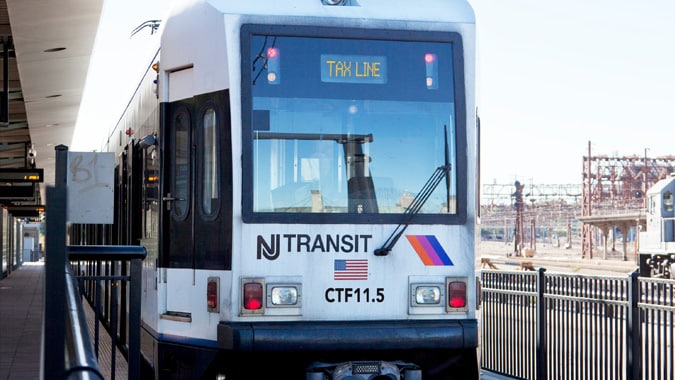NJBIA President and CEO Michele Siekerka provided a compelling testimony to the Assembly Budget Committee on Wednesday night regarding bill A-4704/S-3513, which proposes a Corporate Transit Tax of 2.5% on New Jersey businesses with net income of $10 million, retroactive to Jan. 1, 2024. This move comes despite Gov. Phil Murphy’s prior decision to sunset a 2.5% corporate surtax. The proposed tax would result in New Jersey’s largest employers facing the highest corporate business tax in the nation at 11.5%, even as neighboring states lower their corporate taxes.
Impact on Competitiveness
Siekerka posed several critical questions to the committee:
- Will this 20% tax increase on New Jersey’s largest job creators make us more competitive?
- Will it result in job creation and economic growth?
- Will it make New Jersey more affordable?
- Will it help attract capital investment in New Jersey?
The answer, according to Siekerka, is a resounding no. She emphasized that increasing the corporate business tax is terrible policy and disregards the needs of New Jersey’s largest job creators. These businesses employ hundreds of thousands of middle-income wage earners and are crucial to the state’s economic health.
She highlighted that New Jersey had 14 Fortune 500 companies today, down from 22 in 2018. States that have lowered their corporate business taxes have seen better economic outcomes due to the reinvestment of funds into their economies. Siekerka warned that impacted companies might reconsider staying in New Jersey when their leases are up, potentially relocating their workforce to more affordable states.
Economic Ramifications
The proposed tax increase will have downstream effects on supply chains, workforce, and the cost of products and services. Companies will need to either raise revenue or make cuts elsewhere, such as reducing investment in facilities and workforce or increasing prices for products and services.
Siekerka also criticized the retroactive nature of the tax, which would force companies to revisit budgets they have already committed and perhaps spent. This could lead to restating financial statements, an action frowned upon by Wall Street, potentially affecting stock prices and impacting New Jersey families, businesses, and state programs and pensions.
Furthermore, the $1 billion generated by this tax will sit in surplus for one year, money that could have been reinvested into New Jersey’s economy for a greater return on investment in the following year.
Missed Opportunities
Siekerka suggested alternative approaches, such as a more comprehensive review of state spending or allowing offsets and tax credits to soften the blow of the additional 2.5% tax. Despite acknowledging that this is bad policy affecting business climate and regional competitiveness, policymakers are moving forward with making New Jersey an outlier with the highest corporate tax rate in the nation.
She concluded by expressing hope that one year from now, policymakers will not break their promises again and that the intended purpose of this money will go to NJ TRANSIT rather than being diverted elsewhere. Broken promises send a terrible message to businesses considering staying, growing, or investing in New Jersey.
In her closing remarks, Siekerka lamented that New Jersey policymakers missed an extraordinary opportunity to send a positive message that business and job creation matter in the state.






